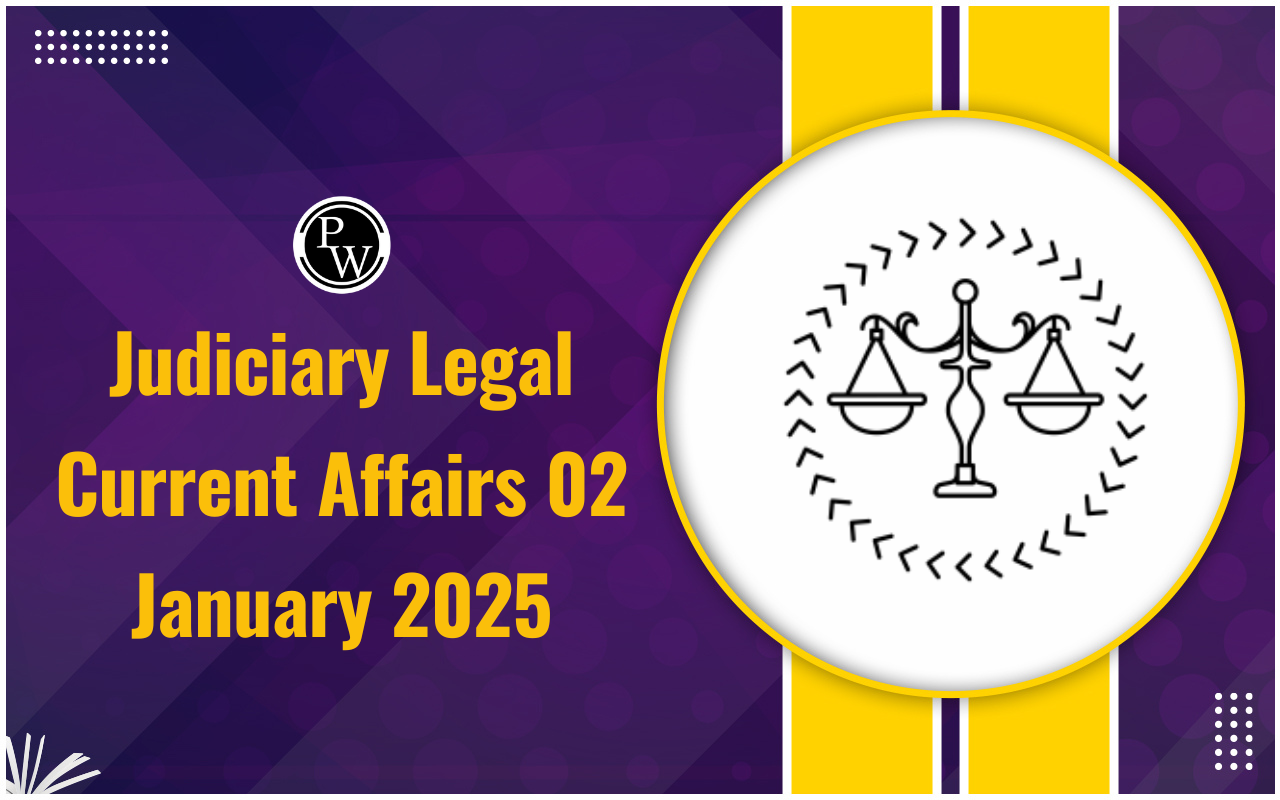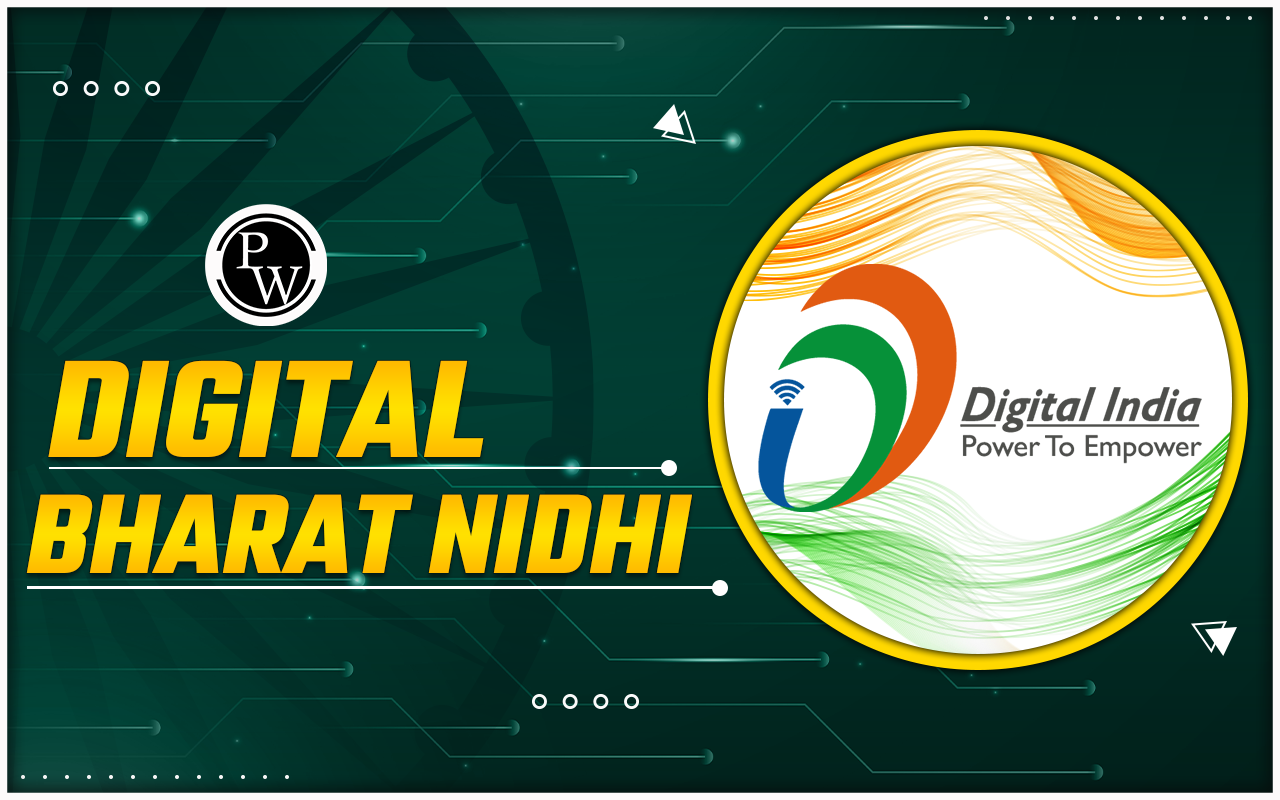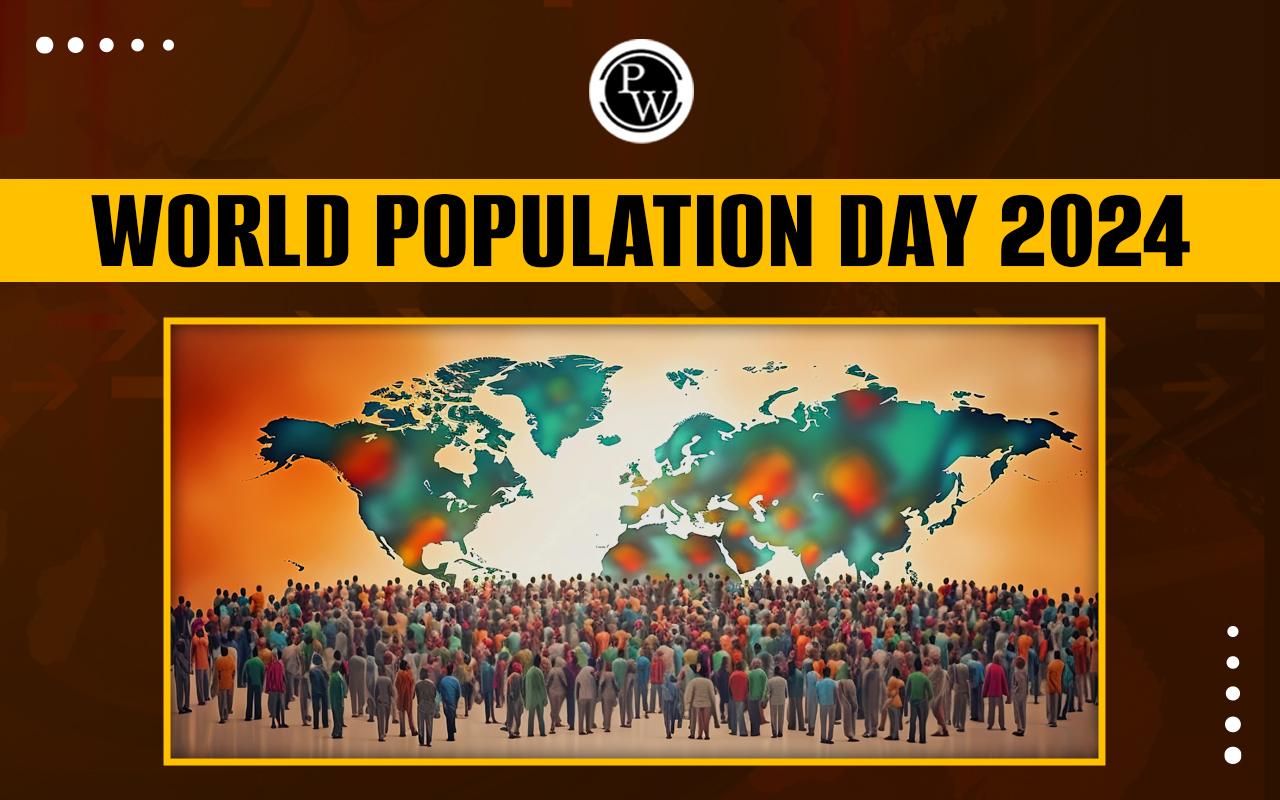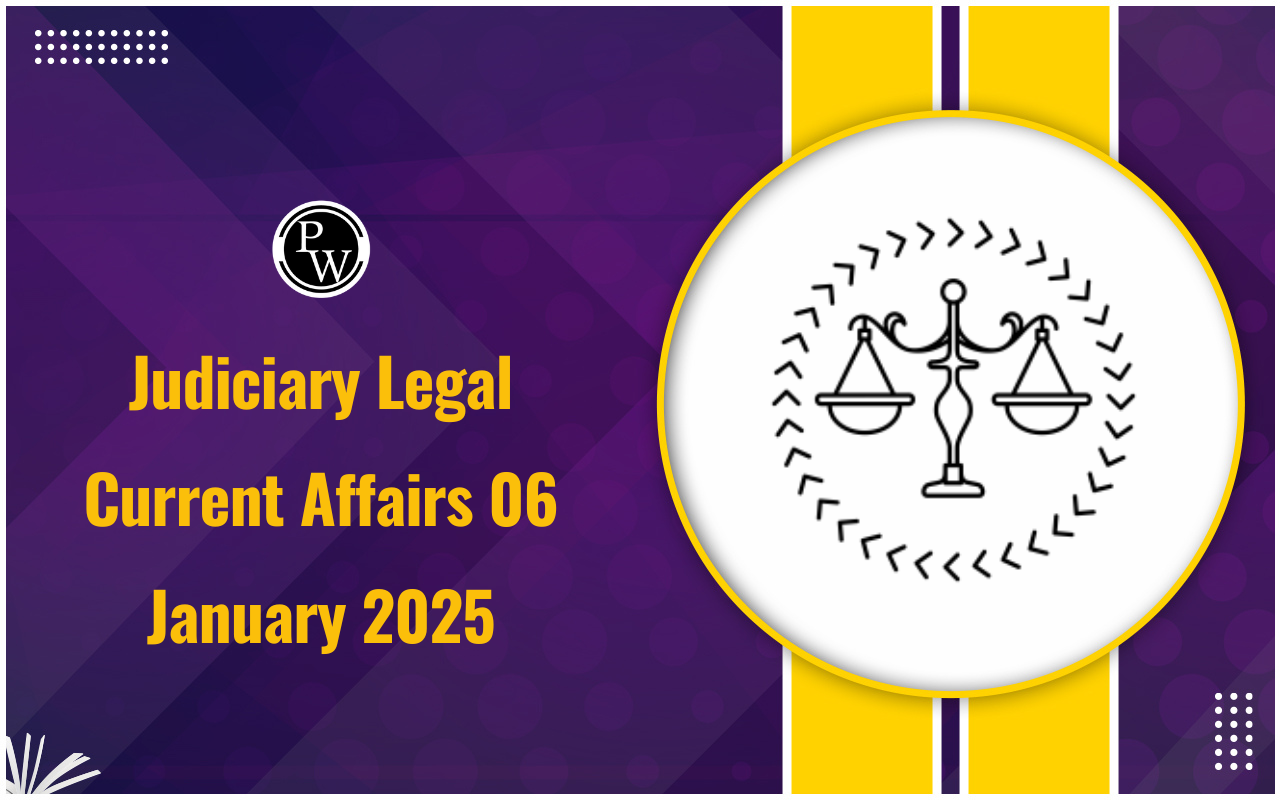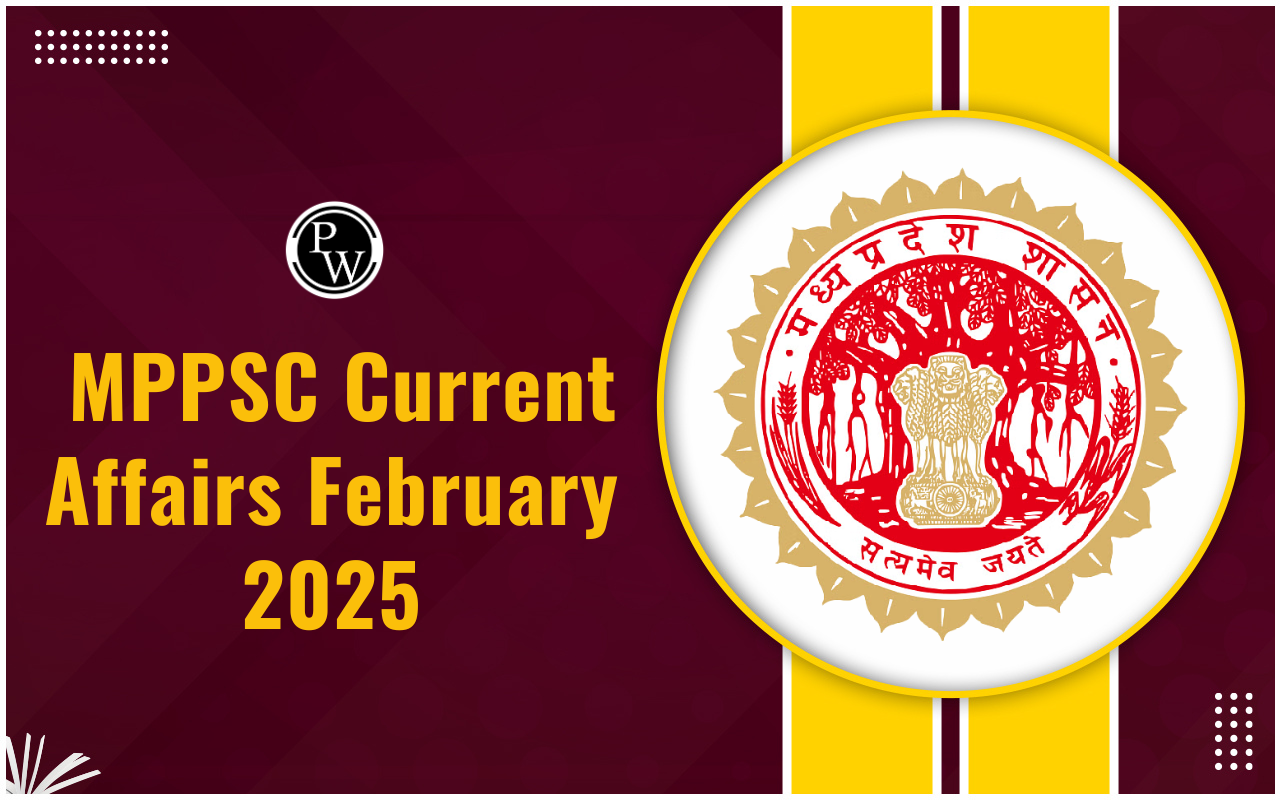
International Education Day 2025 is a global event that will be celebrated on January 24th, 2025, under the theme “AI and Education: Preserving Human Agency in a World of Automation.” This year, the day emphasizes the vital role education plays in shaping humanity’s ability to navigate and influence technological advancements while ensuring human agency remains central. Recognized by the United Nations General Assembly, this day highlights education as a human right, public good, and global responsibility. International Education Day underscores the transformative power of inclusive, equitable, and quality education in addressing global challenges, promoting gender equality, and eradicating poverty.
What is International Education Day?
International Education Day was established by the United Nations General Assembly in 2018 to recognize education as a fundamental human right and its critical role in promoting peace and development. The day highlights the importance of inclusive and equitable education for breaking the cycle of poverty and achieving gender equality. Without access to quality education, millions are left behind, perpetuating inequalities.
| International Education Day Overview | |
|---|---|
| Aspect | Details |
| Date of Observation | January 24th each year |
| Proclaimed by | United Nations General Assembly (2018) |
| Purpose | To celebrate the role of education in promoting peace, development, and equality |
| Theme for 2025 | “AI and Education: Preserving Human Agency in a World of Automation” |
| Main Focus of 2025 | Addressing the impact of AI on education and ensuring human agency in a world increasingly driven by automation |
| Key Message | Education is a human right, a public good, and a public responsibility; essential for achieving SDGs |
| Significance | Highlights the importance of inclusive, equitable, and quality education for all individuals globally |
| Challenges Addressed |
|
| Connection to Sustainable Development Goals (SDGs) |
|
| Celebration Activities | Government and education institutions organize events, campaigns, and awareness programs globally |
| Global Call to Action |
|
| Regional Relevance (e.g., India) | In India, aligns with initiatives like National Education Policy (NEP) 2020, digital learning, and inclusivity |
International Education Day 2025 Theme
The International Education Day 2025 Theme is “AI and Education: Preserving Human Agency in a World of Automation,” which brings attention to the convergence of education and technology. As artificial intelligence systems grow more complex, the need to empower individuals to navigate technological advancements responsibly becomes necessary. The theme emphasizes the importance of education in ensuring humans maintain control over AI-driven systems while benefiting from their potential.
Key Reflections on the Theme
- Human-Centric Education: The role of education in promoting critical thinking, ethical decision-making, and creativity is more critical than ever in an AI-driven world.
- Bridging Inequality: Technological advancements risk widening educational disparities unless efforts are made to ensure equitable access to AI tools and learning opportunities.
- Lifelong Learning: As automation evolves, education systems must promote lifelong learning to help individuals adapt to shifting job markets and societal needs.
Significance of International Education Day 2025
The International Education Day 2025 emphasizes the importance of equipping individuals with the knowledge and skills that are necessary to navigate an increasingly automated world. As artificial intelligence (AI) and automation reshape industries and economies, the International Education Day 2025 theme highlights the urgency of preserving human agency and encouraging critical thinking. Education must evolve to ensure that technology serves humanity rather than replacing its inherent value. By integrating ethical considerations, creativity, and innovation into curricula, education systems can empower individuals to leverage AI while retaining their unique human capabilities.Why International Education Day Is Celebrated on January 24?
The choice of January 24 reflects the United Nations’ commitment to recognizing the foundational role of education in achieving global peace and development. This day serves as an opportunity to support investment in education and address barriers hindering access and quality.Education Day in the World
Education Day in the world is a reminder of the transformative power of learning in promoting global solidarity and addressing pressing issues like climate change, poverty, and inequality. Around the globe, governments, NGOs, and educational institutions organize events to promote awareness and mobilize resources for education. In 2025, particular emphasis is placed on how education can help individuals and communities leverage AI responsibly while ensuring its benefits are distributed equitably.
1. Global Education Inequalities
- UNESCO reports that more than 258 million children worldwide are not attending school.
- While global literacy rates have improved, Sub-Saharan Africa continues to experience the highest levels of educational exclusion.
2. Progress and Challenges
- By 2020, 90% of the global population had completed primary education; however, only 66% advanced to secondary education.
- Gender inequality remains a pressing issue, with women in many developing nations still facing substantial barriers to education.
3. Regional Education Trends
- Literacy rates exceed 98% in Europe, but in several regions of Africa, they remain critically low.
- Access to and quality of higher education vary significantly, with countries like the United States hosting the majority of the world’s top universities, while nations in South America and Africa often lag behind.
National Education Day in India
International Education Day 2025 carries special significance as India seeks to enhance its educational landscape. In India, education has always been recognized as a vital pillar for national development. Observances like National Education Day on November 11 commemorate the birth anniversary of Maulana Abul Kalam Azad , a pioneer of modern education in India.
Education plays a key role in India's development journey. According to the 2011 Census, the nation's literacy rate stood at 74%, though disparities among states persist:- Kerala boasts the highest literacy rate in the country.
- Bihar, despite having the lowest rate at 63.8%, has made notable strides in improving literacy, especially among women.
Initiatives like the National Education Policy (NEP) 2020 aim to promote digital learning, inclusivity, and quality education. With its increasing tech ecosystem, India is well-positioned to explore the theme of AI in education. Efforts are being made to address the digital divide in rural areas, ensuring students from all backgrounds have access to the tools and opportunities they need to grow in an increasingly automated world.
Education as a Pillar of Sustainable Development
The importance of education in achieving the 2030 Sustainable Development Agenda cannot be overstated. Sustainable Development Goal 4 (SDG 4) specifically aims to "ensure inclusive and equitable quality education and promote lifelong learning opportunities for all." Education serves as a motivation for achieving the other 16 SDGs by:- Promoting gender equality.
- Enhancing economic opportunities.
- Reducing inequalities.
- Combating climate change through awareness and innovation.
Challenges in Achieving Global Education Goals
Despite significant progress, the global education landscape faces critical challenges:- Out-of-School Children : Over 258 million children remain out of school globally.
- Illiteracy : Approximately 763 million adults are illiterate, with women and marginalized groups disproportionately affected.
- Gender Inequality : In sub-Saharan Africa, less than 40% of girls complete lower secondary education.
- Refugee Education : Nearly 4 million refugee children lack access to education, hindering their future prospects.
Educational Initiatives in India
India has launched several programs aimed at enhancing educational access, reducing disparities, and fostering inclusivity. Notable efforts include:- Samagra Shiksha Abhiyan: A comprehensive initiative promoting universal access, equity, and quality in school education.
- Mid-Day Meal Scheme: Provides nutritional support to students, boosting attendance and decreasing dropout rates.
- National Education Policy 2020 (NEP 2020): Introduces transformative reforms, such as experiential learning and vocational training.
- Digital India Campaign: Enhances digital literacy and enables online learning, particularly for students in remote regions.
- Beti Bachao, Beti Padhao: Aims to empower girls through education and gender awareness.
Transforming Education on International Education Day 2025
To make education equitable, inclusive, and adaptable to technological shifts, governments, educators, and individuals must work together. The global community must ensure that education empowers all people to understand, engage with, and shape the rapidly growing technological landscape.- Invest in Technology-Driven Education: Governments and organizations must bridge the digital divide and provide access to AI-driven educational tools for all learners, regardless of geographic or economic barriers.
- Foster Critical Thinking and Ethical AI Use: Educational curricula should integrate AI literacy, preparing students to think critically and engage with AI systems ethically, ensuring responsible use of technology.
- Champion Inclusivity: Policies must prioritize marginalized communities, ensuring that education systems offer equal opportunities to all, including refugees and those in underprivileged regions.
Conclusion
International Education Day 2025 highlights the crucial role of education in shaping a future where AI and automation benefit humanity. By focusing on preserving human agency, we can create a world where education equips people to adapt to new challenges. It is a collective responsibility to transform education for a more equitable and more sustainable global future.
International Education Day 2025 FAQs
Q1. What is the significance of the International Day of Education?
Q2. When is the International Day of Education celebrated?
Q3. What is the theme of the International Day of Education 2025?
Q4. Why is education day important in India?
Q5. How does AI impact education on the International Day of Education 2025?



